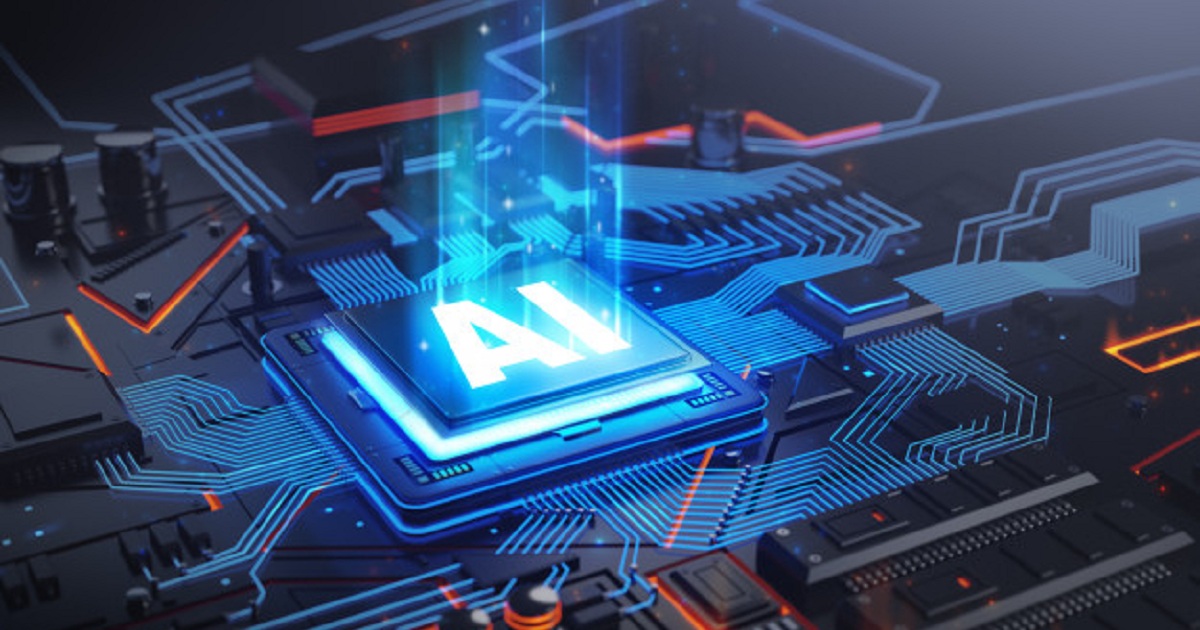VMware Enhances vSphere with Nvidia AI Software Support

With the arrival of vSphere 7 Update 2 in early March 2021, VMware took a significant step into the world of artificial intelligence and machine learning, and now support for Nvidia AI software has arrived on its flagship platform.
This wasn't entirely surprising. Nvidia and VMware announced a collaboration during September's online VMworld event, intending to have Nvidia's AI Enterprise software accessible on VMware's platform for deploying and managing virtual machines.
With this latest release, vSphere is "exclusively certified" to run Nvidia's AI Enterprise applications and frameworks, which have now been containerized and can be run through an organization's infrastructure rather than in a silo. This, of course, means more support for Nvidia GPUs, which are needed to run the software.
"It opens up for both of us a good opportunity," Lee Caswell, vice president of marketing at VMware, told ITPro Today. "We're looking to go and help AI become mainstream in the enterprise. They're looking to open that up for all of our 300,000 vSphere customers, who can now have access to these new capabilities."
Access to this market is vital for Nvidia because it will improve revenues in their data center division, which generated $6.7 billion in the previous fiscal year.
Obtaining a position in the emerging enterprise AI market is also essential for VMware, which has spent the last few years expanding its offerings beyond the virtualization technology it pioneered, mostly by acquisitions; in 2018, VMware added cloud-native technology to its portfolio with the purchase of the Kubernetes startup Heptio, and about a year later bought back Pivotal a cloud-native platform. Access to this market is vital for Nvidia because it will improve revenues in their data center division, which generated $6.7 billion in the previous fiscal year.
Obtaining a position in the emerging enterprise AI market is also essential for VMware, which has spent the last few years expanding its offerings beyond the virtualization technology it pioneered, mostly by acquisitions; in 2018, VMware added cloud-native technology to its portfolio with the purchase of the Kubernetes startup Heptio, and about a year later bought back Pivotal a cloud-native platform.
Nvidia and Vsphere
Caswell explained that traditionally, AI software has been run on bare metal to prevent possible performance loss associated with moving compute-heavy workloads to VMs or containers. The issue with this approach is that bare metal deployments are not portable. As a result, AI workloads are limited to silos, which is a problem for enterprises who want to use AI on-the-fly throughout their IT infrastructure.
VMware and Nvidia were able to containerize Nvidia's AI Enterprise software with almost the same benchmarked performance levels as operating on bare metal by using properties inherent in vSphere's hypervisor. This makes Nvidia AI software easily available across an organization's infrastructure, resolving the issue of ensuring portability while sacrificing substantial efficiency.
To function properly, AI software must be able to take advantage of GPUs, which take most of the load off of a server's CPUs by doing much of the heavy lifting. VMware has added support for Nvidia's A100 Tensor Core GPUs, which are used in Nvidia-Certified Systems, Nvidia-tested and licensed server designs sold exclusively by eight equipment manufacturers, including ASUS, Dell EMC, HPE, and Supermicro.
In addition to running AI workloads, GPUs can be used for other vSphere features, such as Multi-Instance GPU, which enables GPU cycles to be shared by many users, and Distributed Resource Scheduler for automated workload placement to prevent performance bottlenecks.
"Up to seven VMs can now share a single GPU," Caswell said. "That's a more cost-effective way to deploy at the enterprise